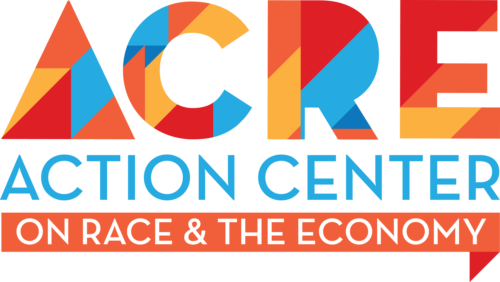A bill pending in the Philadelphia City Council would levy a tax on stock and bond holdings, raising most of the money from the wealthiest city residents and generating estimated revenue of $200 million a year.
The bill hasn’t even received a hearing. Yet the idea of a tax on wealth is a top goal for advocacy groups like the nonprofit Pennsylvania Policy Center that are searching for ways to rectify the immense gap between the most affluent Americans and everyone else. “We’d be taxing the wealth beyond the usual assets owned by middle-class people,” says executive director Marc Stier.
A wealth tax of the kind proposed in Philadelphia is among recommendations published in a report last month by a Chicago progressive group, Acre Action Center on Race & the Economy, founded by community organizers Saqib Bhatti and Carrie Sloan, and the People’s Unity Platform, a joint project of the Chicago Teachers Union and the Grassroots Collaborative. Bhatti serves on Johnson’s transition team. The paper, “First We Get the Money,” also advocates a tax on digital advertising and a city income tax.
The groups say their proposals for new taxes and fees, along with efficiency measures, would generate $12 billion that new Mayor Brandon Johnson needs for his ambitious agenda to tackle crime and poverty.
New taxes that target deep pockets are being pushed by legislators in blue states but have yet to gain traction. They would likely run into roadblocks in Illinois posed by the state constitution.
Local income taxes are levied in 16 states. But while wealth taxes have been proposed in a number of blue states, none have advanced out of committee. A tax on digital advertising aimed at large platforms that was adopted by the Maryland legislature has been challenged in state and federal court. Tax experts say these measures, if introduced, would likely run afoul of the Illinois Constitution.
The Johnson administration distanced itself from the Acre report. Some of the group’s suggestions, such as a revived employee head tax and a financial transactions tax, were part of Johnson’s mayoral campaign platform. The wealth tax, a city income tax and digital ad tax haven’t been put forward by the mayor. But they are on the radar in blue states. A wealth tax was introduced in Springfield earlier this year by Rep. Will Guzzardi, D-Chicago.
The wealth tax proposal in Philadelphia would place a levy on the value of stocks and bonds but not touch retirement accounts and pensions. The logic is that wealthier people hold taxable stocks and bond accounts, a level of affluence above retirement accounts and homes that are the primary assets of middle-class families. Stier notes that the traditional property tax is regressive in that homeownership represents a large portion of middle-class wealth but a relatively smaller portion of the rich’s family assets.
